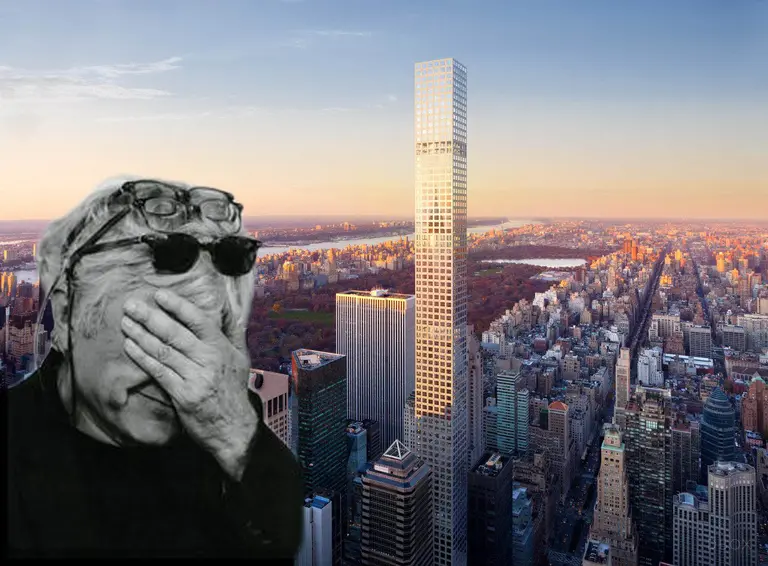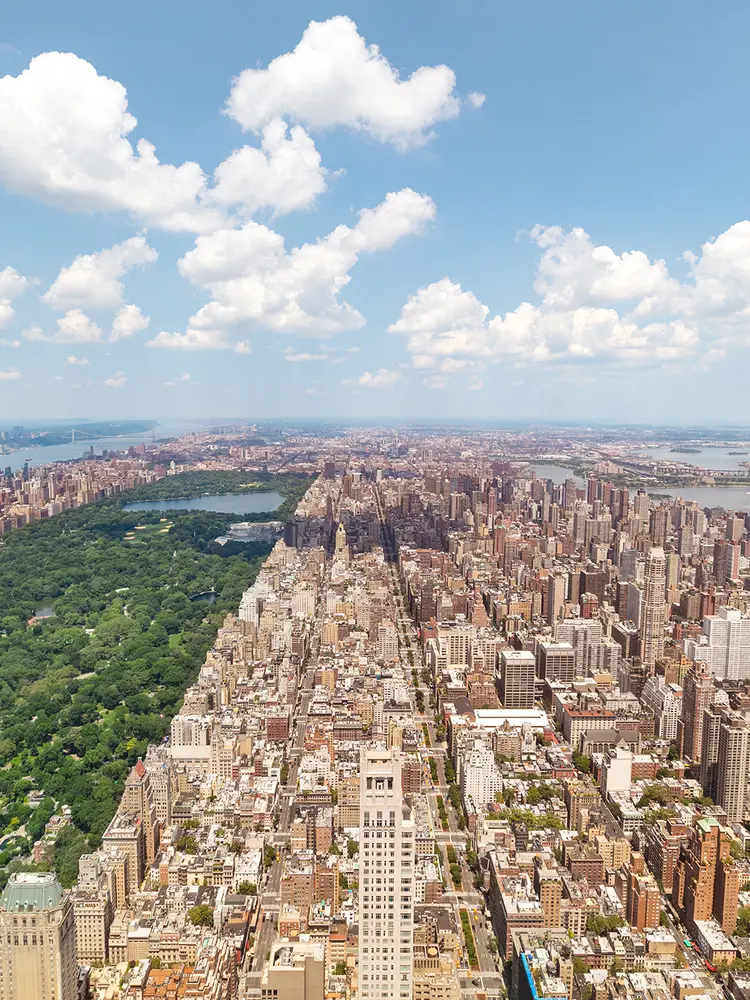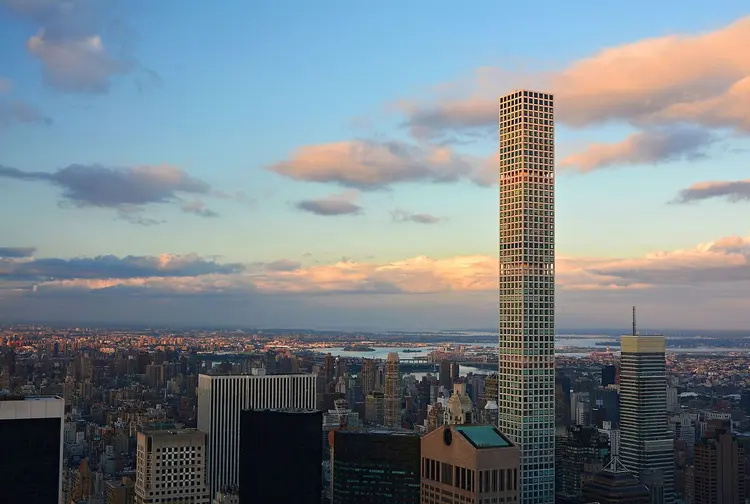
Image of Rafael Viñoly via Rafael Viñoly Architects Facebook page for Fall 2011/Winter 2012 issue of Pin-Up: Magazine for Architectural Entertainment
Rafael Viñoly Apologizes for Dissing 432 Park
Read more of his apology letter





Image of Rafael Viñoly via Rafael Viñoly Architects Facebook page for Fall 2011/Winter 2012 issue of Pin-Up: Magazine for Architectural Entertainment




It’s free, with no obligation.

"*" indicates required fields